Marruecos y Estados Unidos: larga y sólida vinculación diplomática
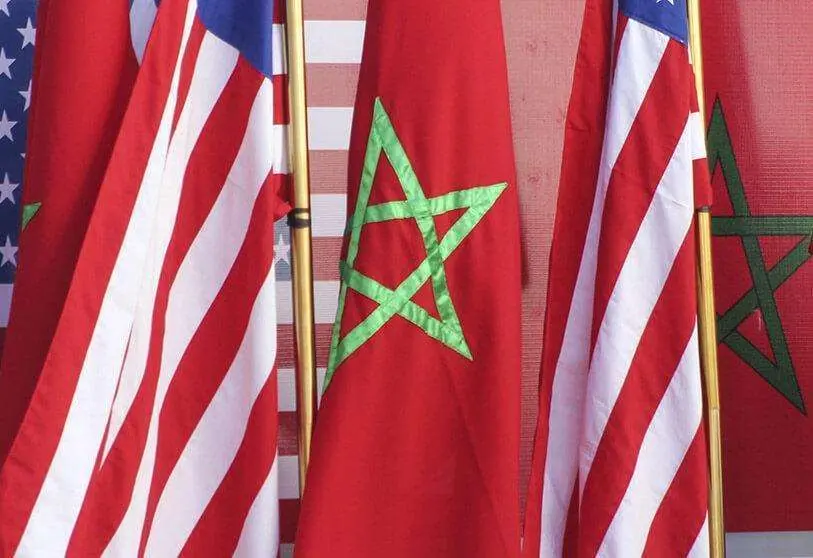
The Alawite kingdom and the American giant have always had a strong political bond.
A general cultural question to ask about the United States would be: which country was the first in the world to recognise the US at the time of the American declaration of independence? Many might think of countries with a lot of diplomatic clout back in July 1776 when this great event took place, even European powers at that time, but the answer really is: Morocco. It was under the reign of Mohammed III that the North African country recognised the United States as a nation following the official establishment of American independence from the British Empire.
Yes, the Alawite kingdom was the first at the international level to recognise the independence of the United States, which was translated years later, in 1787, into a treaty of friendship, which is still in force today. Another remarkable fact linked to these events was that the first American diplomatic delegation was established in Tangier, the Moroccan city that became the Kingdom's host city for foreign diplomatic delegations, including the American one.
The following 18th century saw the American Civil War, another high-profile event, and Morocco, given its close ties with the United States, positioned itself in favour of the North against the Confederates in the South, who were even forbidden to dock their ships in Moroccan ports.

Relations also continued in the colonial era of the early 20th century, when many European powers looked to Africa to take over various areas and to take advantage of further territorial expansion and the supply of various raw materials from territories on the African continent. At the famous Algeciras Conference (1906), the United States advocated a commitment to protect Morocco's independence, in the midst of a colonial struggle between great nations of the time such as the United Kingdom, Germany and France, a struggle that could even lead to armed conflict in the very heart of Europe between the powers of the time, which was no small detail. Despite all this, the United States ended up taking sides by supporting the Alawite kingdom.
During the Second World War, Morocco, a protectorate of France, initially sided with the Axis powers, as did the collaborationist Vichy government in France itself. The Allies, however, occupied the country in 1942. The so-called Operation Torch saw the landing and advance into Tunisia of Anglo-American troops in WWII during the North African campaign, which began in late 1942.
The Allies, led by the United States, planned an invasion of northwest Africa through Morocco and French Algeria, areas in the hands of the collaborationist Vichy government of France. Initially it had been proposed to land between the Algerian border and French Tunisia, but this was dropped as it was considered too great a risk.
Vichy France had some 60,000 troops in Morocco, as well as coastal artillery, tanks, aircraft and a dozen warships and submarines in Casablanca.
At dawn on 8 November 1942, 600 ships landed 70,000 Anglo-American troops simultaneously at Safi, Casablanca, Oran and Algiers, beginning the operation to seize the territory. Operation Torch was the final offensive that led to the Nazi defeat in Africa and facilitated the subsequent American landing in Europe, which was the prelude to the Allied victory in World War II and the defeat of Hitler's Germany.
It is noteworthy that the American president of the time, Franklin D. Roosevelt, wrote to King Mohammed V of Morocco to thank him for the "admirable spirit of cooperation which animates you and your people in your relations with the forces of my country".
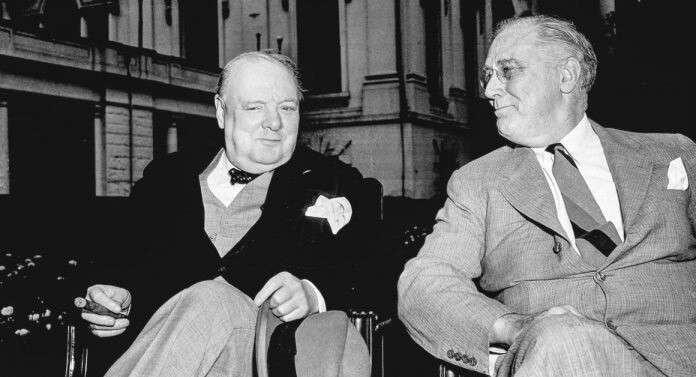
It was a Moroccan city, Casablanca, that was to host the important conference at which the American leader, Britain's Winston Churchill and France's Charles de Gaulle discussed the course of the war against Hitler. The Casablanca Conference defined the way forward in the final phase of the war and for the first time demanded the "unconditional surrender" of the Axis forces led by Adolf Hitler's Germany. Roosevelt used the occasion to express to Morocco the White House's support for the cause of its independence, as it was still a French protectorate.
The French protectorate of Morocco was, thanks to 'Operation Torch', subsequently controlled by the US, which retained part of the previous administration, while several generals from Vichy France went over to the Allied side, leading Adolf Hitler's Germany to complete the total invasion of French territory, definitively subjugating the collaborationist regime of Philippe Pétain, who had bowed to the interests of the German Third Reich.
The end of World War II marked the beginning of the Cold War, which pitted two antagonistic blocs, the capitalist West and the communist East, led respectively by the United States and the Union of Soviet Socialist Republics (USSR), the two great victors of World War II. During the Cold War, Morocco maintained a non-aligned position, but always showed greater sympathy for the Western capitalist bloc, more in tune with Moroccan ideological postulates and also in line with the historical antagonism that has pitted it against its neighbour and rival in the Maghreb, Algeria, which was clearly within the communist orbit with a single party system that held power in Algerian territory, in this case the National Liberation Front (Frente de Liberación Nacional).
An Algeria that for decades showed its support for the Polisario Front, an armed militia that has been fighting for years for the independence of Western Sahara following the decolonisation process and the departure of the last metropolis in the area, Spain, in 1976. Since the end of the Spanish protectorate of the territory, there has been a struggle for the territory between Algeria and the Polisario Front, which have always advocated holding a referendum on independence for the Sahrawi people, and Morocco, which defends autonomy for the region under Moroccan sovereignty.
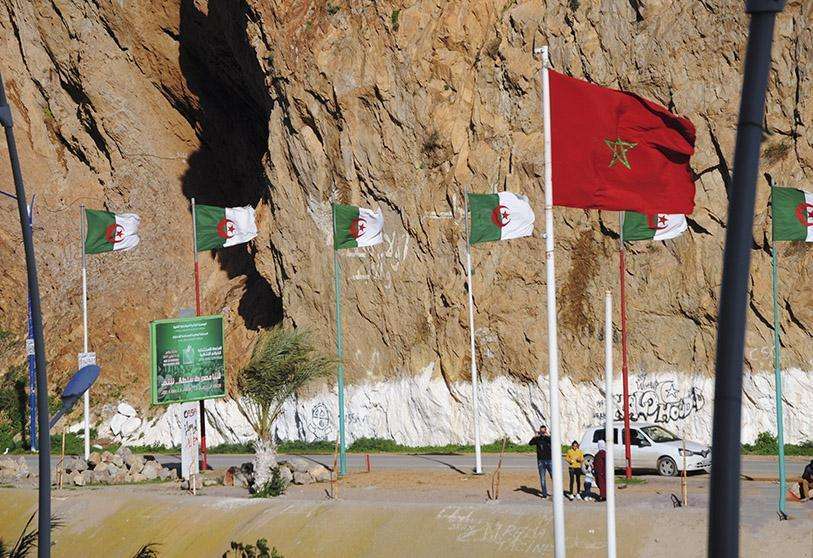
It is precisely the question of Western Sahara that has brought the close ties between the United States and Morocco back into focus. The American giant re-entered the diplomatic scene close to the Kingdom and recognised the Moroccan sovereignty of the Sahara within the process of the Abraham Accords, by which in September 2020 several Arab countries such as the United Arab Emirates and Bahrain established diplomatic ties with Israel under the auspices of the former US administration of Donald Trump. This was a decisive step towards strengthening peace in the Middle East and cooperation between countries in the face of terrorism and regional threats such as the belligerent attitude and interference in the affairs of third countries by the Islamic Republic of Iran.
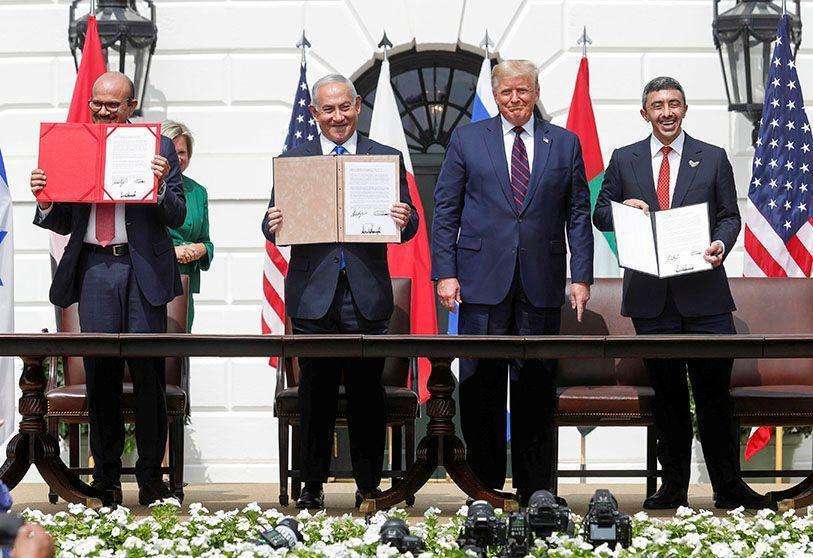
Following in the wake of these pacts, Morocco also established diplomatic relations with the Israeli state as a condition for reciprocating the US decision to support Moroccan ownership of the Sahara, following high-level contact between Donald Trump, the US president at the time, and King Mohammed VI. This position has been confirmed by the attitude of Joe Biden's current US administration, which emphasises support for the Kingdom on the Sahara issue.

This American decision was followed by several prominent countries that supported the Moroccan proposal of broad autonomy for Western Sahara under the sovereignty of the Alawi kingdom as the most serious and realistic one, also taking into account the UN's postulates. These countries include the United Arab Emirates, Germany, the United Kingdom and even Spain. Some of these and many others announced months ago the opening of consulates in key territories around the Sahara, such as Dakhla and Laayoune, which represented a real boost for Moroccan foreign policy.
Indeed, the Spanish government led by Pedro Sánchez recently took the decision to consider the Moroccan initiative as the 'most serious, credible and realistic' way to put an end to more than four decades of Sahrawi conflict. Spain thus closed a chapter of diplomatic disagreements with Morocco that began with the reception of Brahim Ghali, leader of the Polisario Front, in Spanish territory in April 2021 to be treated for a serious respiratory ailment in a hospital in Logroño. Morocco requested explanations for this situation, considering that it had not been duly informed by Spain, considered an ally until then. This was followed by other episodes that strained relations, such as the entry of thousands of illegal immigrants into Spain through the border with Ceuta and the withdrawal of the Moroccan ambassador from Madrid.
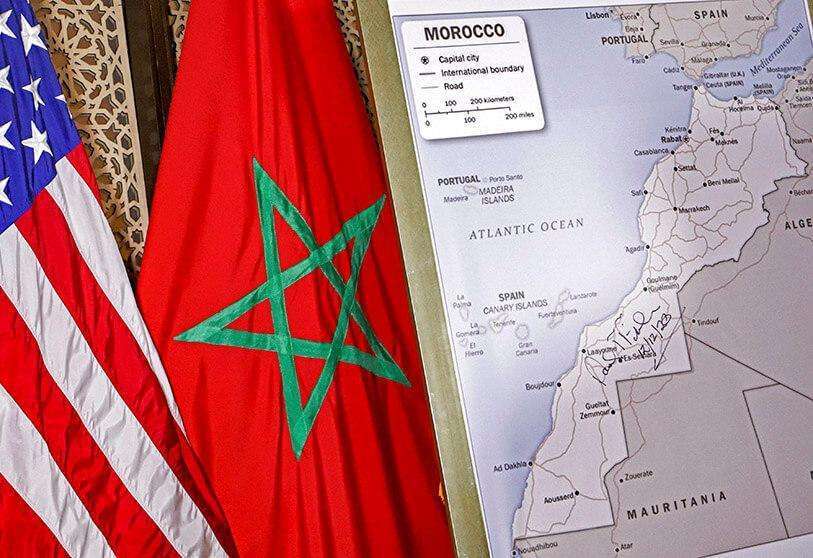
The Spanish government tried to redirect the situation by appointing a new Foreign Affairs Minister, José Manuel Albares, closer to the Moroccan and Maghreb sphere, replacing Arancha González Laya, who was marked by the Ghali case. The Spanish king, Felipe VI, also made several details and speeches of rapprochement with Morocco. But the solution to the diplomatic clash finally came with Spain's final support for Morocco's proposal on Western Sahara, following the path initiated by the United States, which gave great diplomatic support to the Kingdom of Morocco, as opposed to the rival camp represented by the Polisario Front and Algeria, which advocate holding a referendum on independence for the Sahrawi population, which has much less support at the international level.

Another important issue in the relationship between Morocco and the US is military. The US considers the Kingdom an important actor in maintaining security in the Maghreb, the Sahara and the Sahel, areas plagued by jihadist terrorism and criminal gang activity that threaten regional and international security.
This key aspect of the Alawite kingdom led the US to also seek to strengthen military and intelligence cooperation with Morocco. One example of this was the holding of a new edition of the African Lion military exercises this year, involving Moroccan and US military forces.
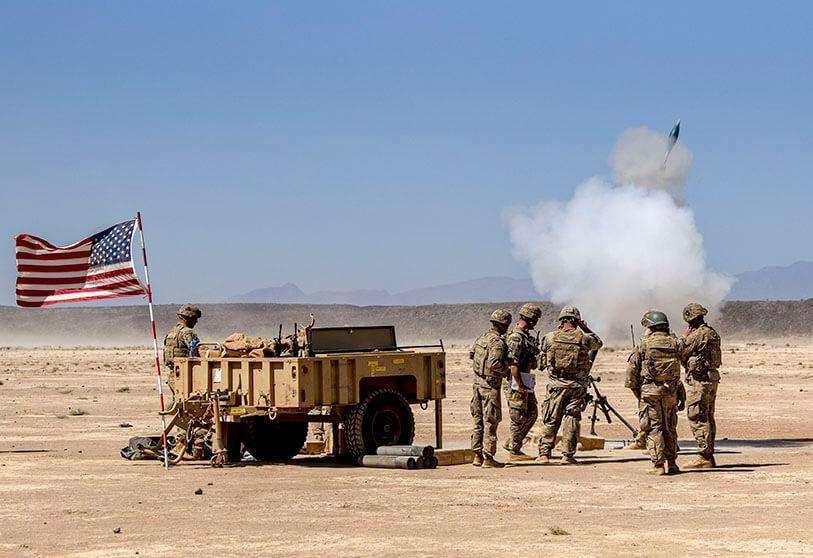
The military manoeuvres took place between 20 and 30 June 2022 in the regions of Kenitra, in northern Morocco, and in Agadir, Tantan, Taroudant and Mahbès, further south in Morocco, as scheduled by the General Staff of the Royal Moroccan Armed Forces (FAR).
Around 7,500 soldiers from Morocco, the United States and various partner countries took part in these military manoeuvres, which also took place in Tunisia, Senegal and Ghana.
The United States Armed Forces Central Command for Africa (AFRICOM) explained that the African Lion 2022 exercises consisted of joint manoeuvres by various military detachments in different sectors such as land, air and sea, along with other decontamination operations in the face of nuclear, radiological, biological and chemical risks. These training exercises are used to prevent and carry out training in the event of possible enemy chemical, nuclear or bacteriological attacks. These exercises also took into account the training of commanders for operations against violent extremist organisations.
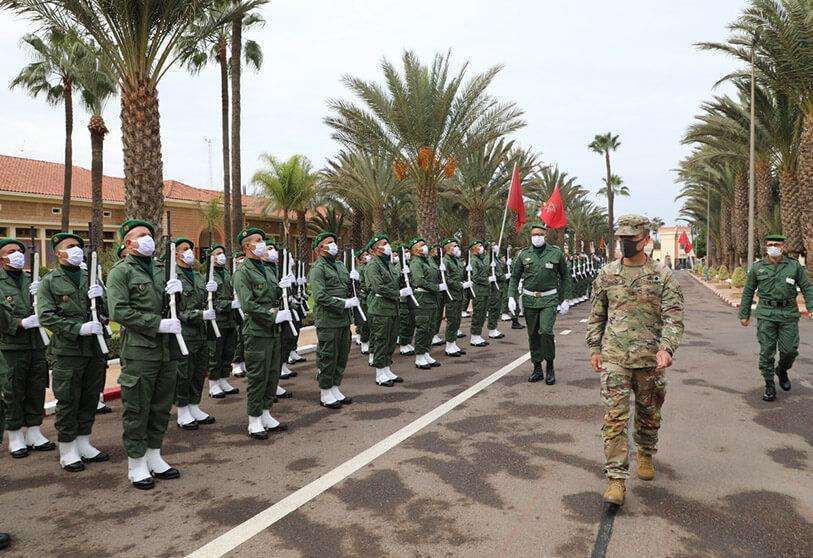
These military exercises are the largest on the entire African continent, with activities at various strategic points and close to the extremely valuable enclave of Western Sahara, which is of great importance to Morocco and has been the most important point of the latest major diplomatic agreement between the Alawite kingdom and the United States, two countries with a very long common political history.
Americas Coordinator: José Antonio Sierra








